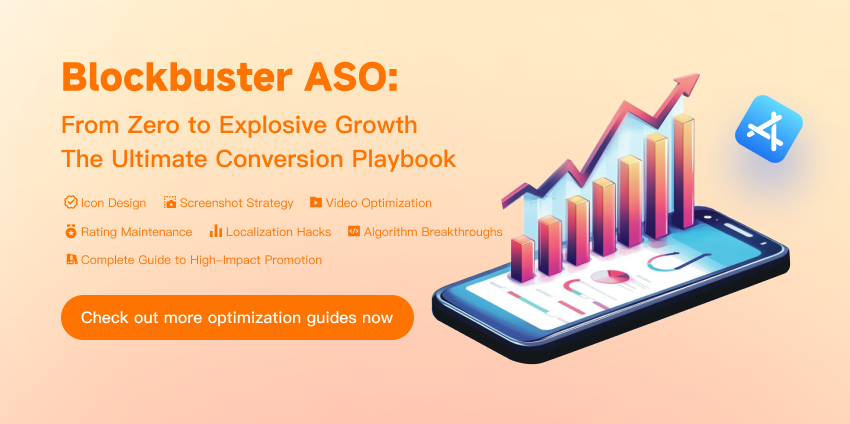
Loading...
Free consultation with ASO specialists
Doing ASO for the first time or have no idea how to carry out targeted optimization of your app?
We offer one-on-one customized services provided by app marketing specialists
API(aka Application Programming Interface)
Definition of API (Application Programming Interface)
API is a set of predefined functions and protocols that allow different software applications to interact and share data. Simply put, API is like a "middleman" that specifies how two software systems communicate and exchange data.
In essence, an API is an abstraction layer that hides the complexity of the underlying system and provides developers with a simple, unified interface to call specific functions. Developers only need to understand how to use the API and do not need to worry about its internal implementation details, which greatly improves development efficiency.
The importance of API
-
Mobile Application Development
In mobile app development, the use of APIs is very extensive. Developers can use third-party APIs to add various functions, such as payment functions that can be implemented by calling the APIs of payment platforms such as Alipay and WeChat Pay.
-
Data Integration
There may be multiple different systems within a company, and the data formats and storage methods of these systems may vary. Through APIs, different systems can achieve data interoperability and sharing.
-
Cloud Computing Services
The cloud computing platform provides rich APIs, allowing developers to create, manage and use various resources in the cloud environment, such as virtual machines, storage services, etc. Developers can call these APIs by writing code to achieve flexible configuration and management of cloud resources, improve resource utilization and business response speed.
Relationship with ASO (App Store Optimization)
-
Optimize app data acquisition
The core of ASO is to improve the ranking and exposure of applications in the app store, which requires analysis and optimization of various data of the application. Through API, developers can obtain key data of the application in the app store. Developers can use these APIs to regularly obtain data of the application, analyze user behavior and feedback, and thus optimize the application in a targeted manner.
-
Enhance the display of app features
APIs can help developers add unique features to their apps, which can be highlighted in the app store listing and attract users to download. For example, a weather app can use a weather data API to provide more accurate and real-time weather information, showcasing these powerful features in the app store description and screenshots to increase the app's appeal.
-
Automated ASO Operations
With the help of APIs, developers can automate some ASO operations. For example, you can automatically update the metadata of an app through APIs, including title, description, keywords, etc. When a new version of the app is released or the optimization strategy needs to be adjusted, you can quickly and accurately complete these operations by writing scripts to call APIs, improving the efficiency of ASO.
As technology continues to develop, the scope and importance of API applications will continue to increase. For the mobile Internet advertising industry and ASO field, the continuous innovation and application of APIs will bring more opportunities and challenges for developers and enterprises. By fully utilizing the advantages of APIs, it is possible to better improve the quality and market competitiveness of applications, and achieve rapid business development.
Related terms
